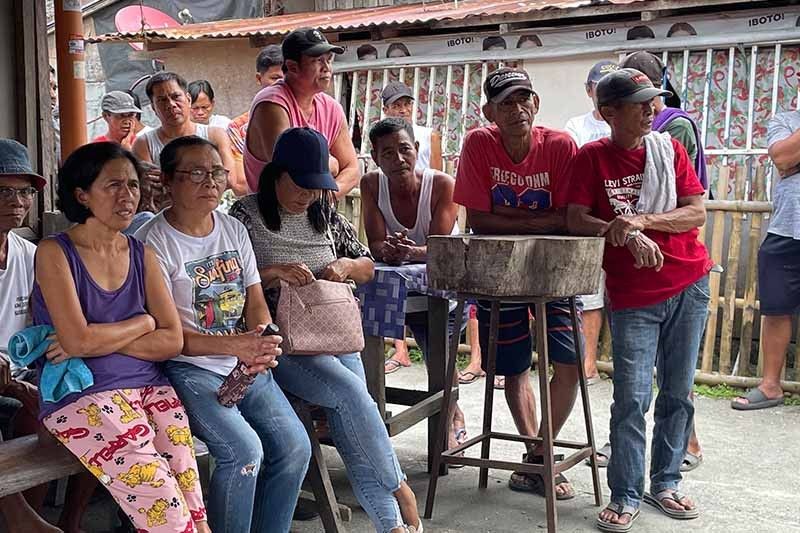Oriental Mindoro fishing ban also hurts other sectors relying on coastal activities

NAUJAN, Oriental Mindoro — The bans on fishing and swimming on the coast of Oriental Mindoro prompted by the oil spill are not only disrupting the livelihood of fishermen, but these are also affecting tricycle drivers, vendors and tourism workers who rely on coastal activities.
Dionisio De Castro said tricycle drivers like him rely on people who go to and from the coast. But after Oriental Mindoro Gov. Humerlito Dolot ordered the province’s 18,000 fishermen to stay ashore, De Castro barely used his tricycle to ferry passengers.
“It’s not just fishermen who are affected. Even tricycle and jeepney drivers like us are affected. If there are no fishing activities, there are no passengers,” De Castro, a resident of Melgar A in Naujan, told Philstar.com in Filipino.
Wilma Ebora, who sells fish in the village, worries about how they will manage everyday situations if the oil spill from the sunken MT Princess Empress is not contained immediately.
“The oil spill has not reached our shore, but the people can’t make a living because fishing is not allowed. They don’t know what to do. How will they get money for their daily needs?” she said.
Even Lanie Abas, a vendor in Calapan City Public Market, feels the pinch as only a few people buy fish. Authorities have advised people against consuming seafood caught in areas affected by the oil spill.
“We used to sell an entire box of fish in a day. But after the oil spill, we cannot sell even just 10 kilos of seafood,” she said.
Assistance needed
Residents interviewed by Philstar.com in Brgys. Melgar A and Nag-Iba I called on the government to immediately address the problem, and provide them with financial assistance and alternative livelihood.
Beneficiaries of aid should include all residents of coastal communities, not only fishers, said Nancy Naval, a sari-sari store owner.
The provincial government on Monday declared all coastal barangays in Naujan, Pola, Pinamalayan, Gloria, Bansud, Bongabong, Roxas, Mansalay and Bulalacao.
The declaration of a state of calamity imposes price caps on basic necessities and prime commodities, and requires agencies to monitor and stop overpricing, profiteering and hoarding of food, medicines and fuel.
Last week, the University of the Philippines Marine Science Institute said that coastal communities — especially those on the eastern and southern sides of Oriental Mindoro, including Caluya Island in Antique, and potentially Cuyo Island in Palawan — should prepare for the possibility that the oil spill could reach their shores.
Authorities are rushing to contain the oil spill, which threatens the lives and livelihoods of coastal residents, and the marine biodiversity in the area.
The Department of Environment and Natural Resources said the agency may have detected the possible location of sunken MT Princess Empress. The tanker is thought to be lying at about 1,200 feet or 400 meters below sea level.
A remotely-operated vehicle will be deployed to determine the exact location of the tanker.
___
Editor's note: The trip to Oriental Mindoro was hosted by Protect VIP Network (represented by Center for Energy, Ecology, and Development). At no stage does the host organization have a say in the stories generated from the coverage, interviews conducted, publication date and story treatment. Content is produced solely by Philstar.com following editorial guidelines.
- Latest
- Trending


























